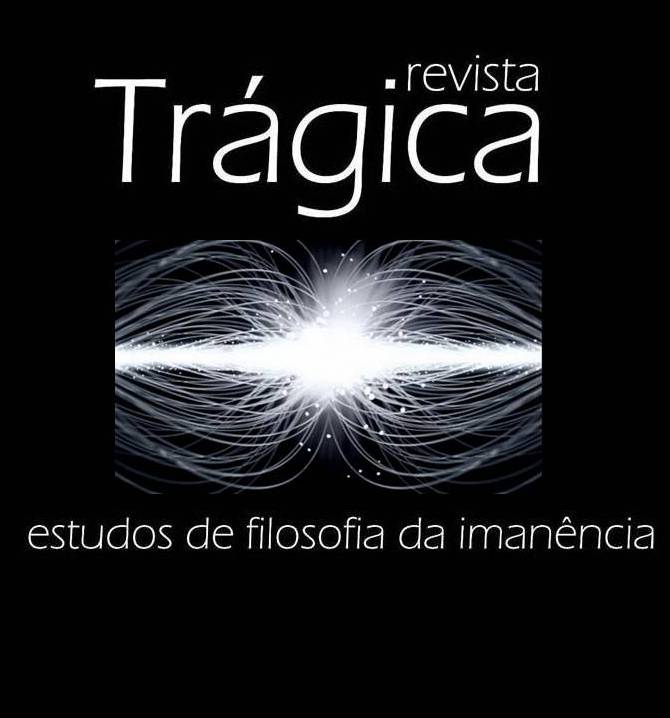DÉSIRER DANS LES CHAMPS DE RUINES: LE CONCEPT DE PULSION DE MORT MACHINIQUE CHEZ DELEUZE ET GUATTARI
DOI:
https://doi.org/10.59488/tragica.v8i1.26801Abstract
Le concept de « pulsion de mort », que Deleuze juge, avec les concepts de castration et d’Œdipe, parmi les plus « tristes » et « monotones » dans la psychanalyse, marque le point d’acmé, illustré par la figure de Thanatos luttant contre Eros dans la gigantomachie qui clôt le Malaise dans la culture, de la vision « molaire » et biaisée à laquelle conduit le développement de l’option herméneutique retenue par Freud à partir de la Traumdeutung. En 1973, dans le « bilan-programme », postface à L’Anti-Œdipe, Deleuze et Guattari affirment pourtant la présence agissante d’une pulsion de mort machinique à l’intérieur de la vie du désir1 . Comment se réapproprient-ils le concept freudien de pulsion de mort ? Quelles mutations conceptuelles profondes cette réappropriation implique-t-elle ?Downloads
Downloads
Published
Issue
Section
License
Authors retain the copyright and grant the journal the right of first publication, with the work simultaneously licensed under the Creative Commons Attribution 4.0 International (CC BY) license. This license allows third parties to remix, adapt, and create from the published work, attributing authorship and initial publication in this journal. Authors are authorized to assume additional contracts separately, for non-exclusive distribution of the version of the work published in this journal (e.g. publishing in an institutional repository, on a personal website, publishing a translation, or as a book chapter), with recognition of authorship and initial publication in this journal.

















